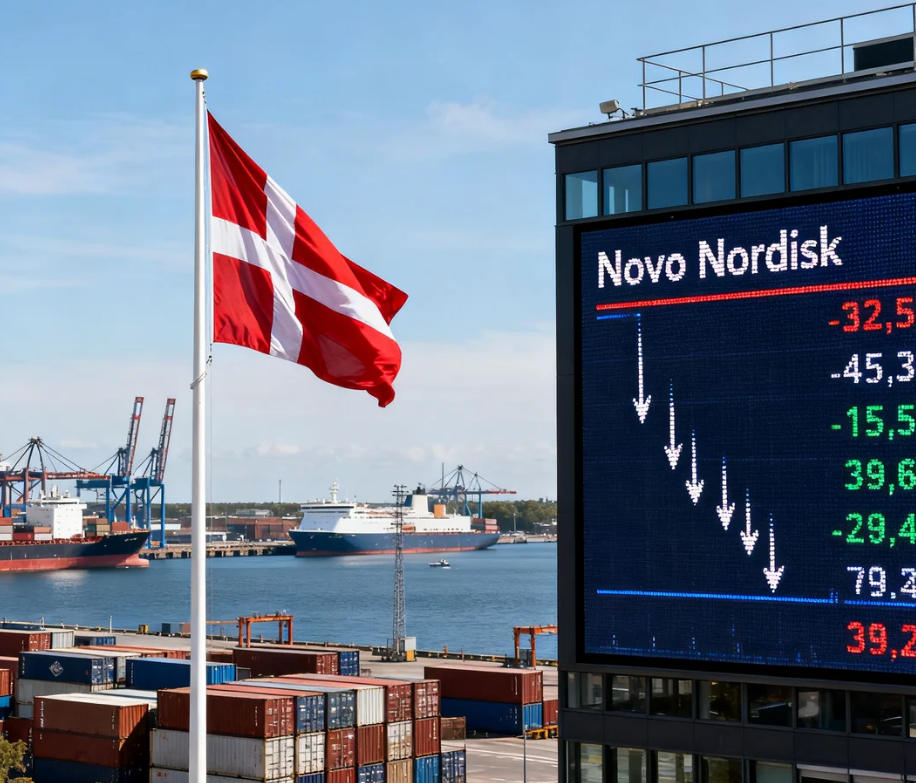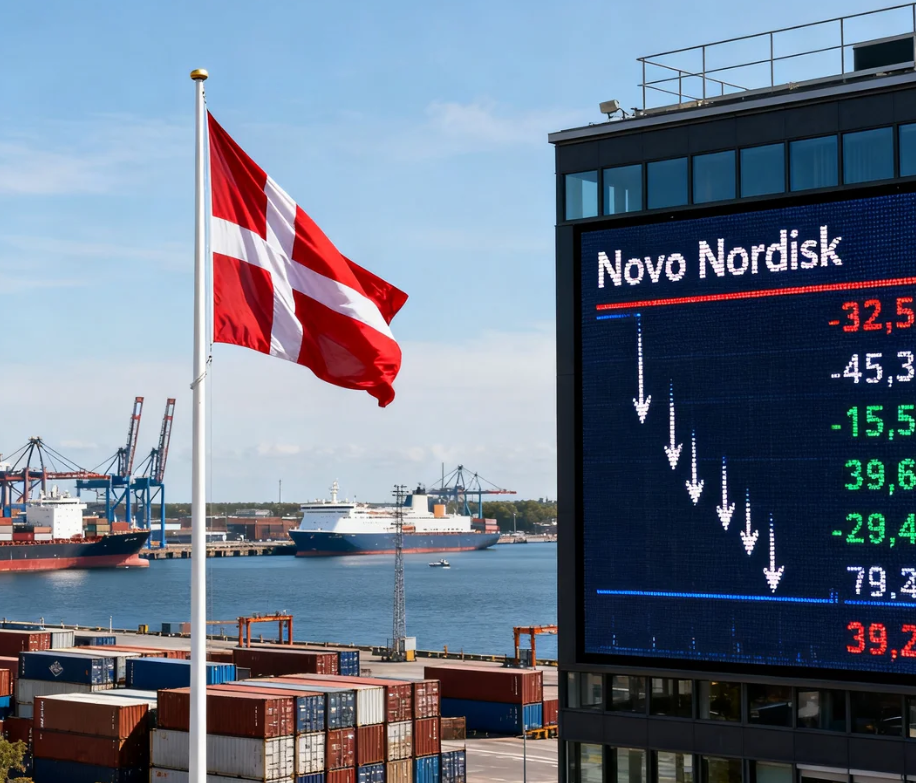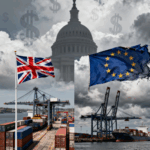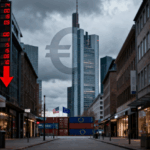Denmark’s economic boom is losing momentum. On Friday, the government slashed its 2025 growth outlook to 1.4% from 3%, pointing to a weaker performance by pharmaceutical powerhouse Novo Nordisk and growing uncertainty from U.S. trade policy.
The downgrade comes after two years of unusually strong growth, fueled by Denmark’s pharmaceutical exports—most notably Novo Nordisk’s blockbuster weight-loss drugs, Ozempic and Wegovy. In 2024, those medicines helped push the economy up 3.7%, but the momentum has since cooled.

According to the economy ministry, Danish exports to the U.S. dropped sharply in early 2025 after a late-2024 surge caused by stockpiling. Competition in the fast-growing weight-loss drug market has eroded Novo’s market share, while cheaper generic alternatives have started to eat into sales. As a result, pharmaceuticals are now expected to add just 1.3 percentage points to Denmark’s goods exports this year, compared with 8.1 points in 2024. Overall goods export growth is projected to slow to 2.7%, down from 10.5% last year.
The broader European pharmaceutical sector has also been under pressure from U.S. tariffs, despite some relief from the recent EU-U.S. trade deal. The Danish economy ministry said tariffs and weaker-than-expected first-quarter growth had forced the revision, warning of “a significant degree of unpredictability linked to U.S. policy” that could weigh on business confidence and investment.
Still, the government stressed that the overall economy remains resilient. Employment is strong, inflation is set to fall below 2%, and growth is expected to rebound to 2.1% in 2026 on the back of higher household spending and public investment.
Novo Nordisk’s high-stakes battle
Once Europe’s most valuable company—briefly overtaking luxury giant LVMH during the weight-loss drug boom—Novo Nordisk has since tumbled. Its shares fell more than 10% in 2024 and have plunged over 40% so far this year. Investors remain wary of U.S. rival Eli Lilly’s growing dominance, slower global demand, and questions about Novo’s next-generation treatments.
Despite market jitters, Novo’s underlying performance remains robust. Earlier this month, the company reported 67% year-on-year sales growth at constant exchange rates, with quarterly revenue of 19.53 billion Danish kroner ($3.03 billion). Executives pledged to ramp up direct-to-consumer sales in the U.S. to fight back against copycat compounders and respond to President Donald Trump’s push for lower drug prices.
For Denmark, the stakes are clear: the fortunes of its economy remain tightly bound to the pharmaceutical giant’s global battle for market share.















